Starting with 2012, we pointed up the necessity to stop subsiding transnational brewing companies from the means of the Federal budget. Similar schemes have been practised in the Samara Region, the Republic of Mordovia, the Omsk Region, the Tula Region and the Yaroslavl Region etc.
Having reached the prohibition on direct subsiding (refer to http://barley-malt.ru/?p=4556&lang=en), we didn’t manage to limit “back ways” whereby multi-billion subsidies were granted to supporting of raw material production, in the form of different discounts on taxes etc. It bears noting that our requests became the basis for full-scale study by the Federal Anti-Monopoly Service. You can find more detailed information concerning “Stopping of regional protection practice” by reference.
Meantime, the scenario in the Samara Region, mentioned earlier, keeps developing.
A visit of inspectors from the General Procurator’s Office to the Samara Region can lead to a great alcohol scandal. Procurators suspect regional officials and alcohol producers of combination collusion in order to siphon off the budget.
Three years old story attracted attention of procurators. In March 2013, soon after arrival of Nikolay Merkushkin to the Samara Region, the regional authorities began implementing Governor’s wish concerning stimulation of alcohol production. All in all, near 1,5 million rub. has been included into the budget for subsiding of “Baltika” and “Rodnik”. Only 380 million rub. has been transferred – in summer 2013 subsiding of excise goods production fell under the federal ban. The rest, 1 billion and 120 million rub., officials from Samara transferred to non-commercial organizations with further granting to companies. As it turned out, 11 partner companies were so-called fly-by-night companies.
If the General Procurator’s Office declares subsidies for Baltika illegal, regional authorities, in particular the Ministry for Economic Development will have to hold one’s nose and begin money back procedure.
It is easy to predict the result. May be it will serve as a lesson to transnational companies who take part in doubtful subsidizing schemes with participation of some bureaucrats in order to reach great financial indicators. Do these schemes fit with the Criminal Code and to what extent? We’ll know it soon. It is very strange that such behavior is not cut out by leaders of foreign companies, for whom the meaning “compliance” shall be prevailing but in reality such behavior is stimulated. So, it’s high time to pay attention to this problem.






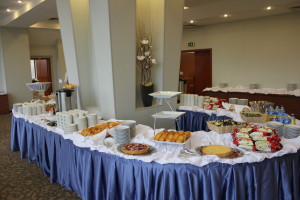
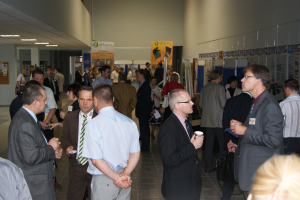
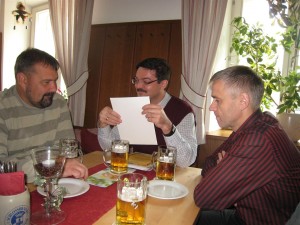
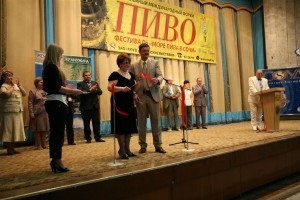
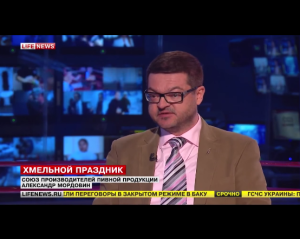

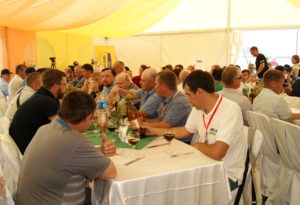


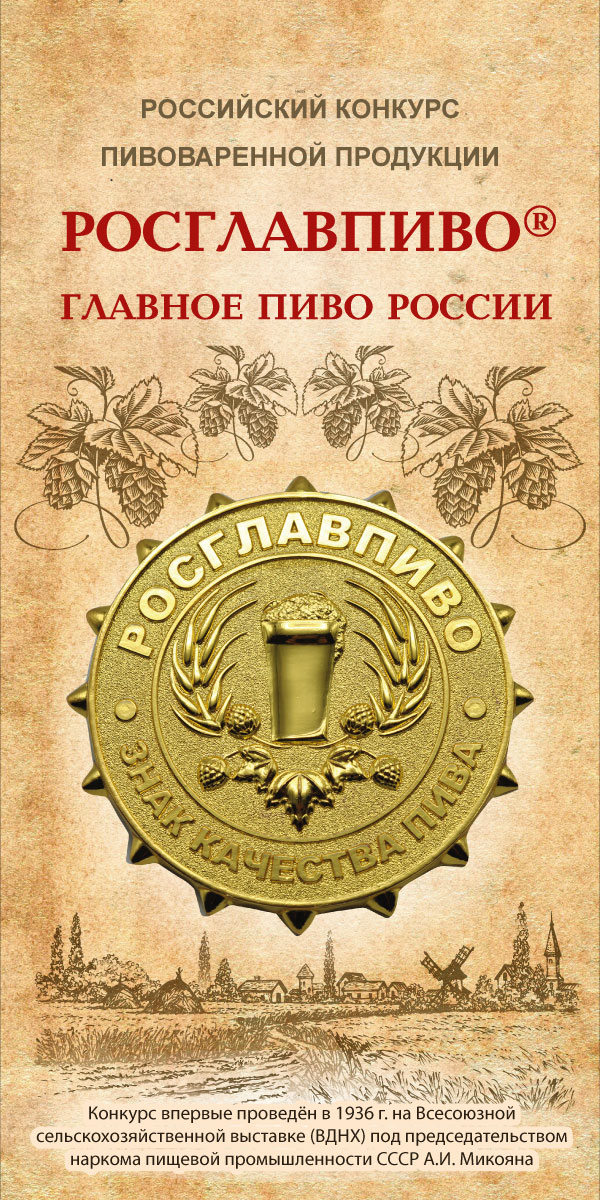
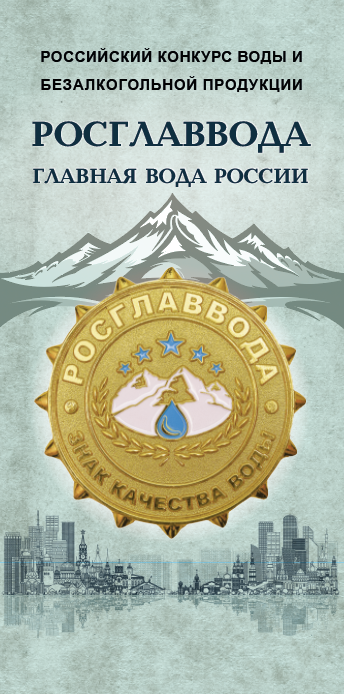










No comments